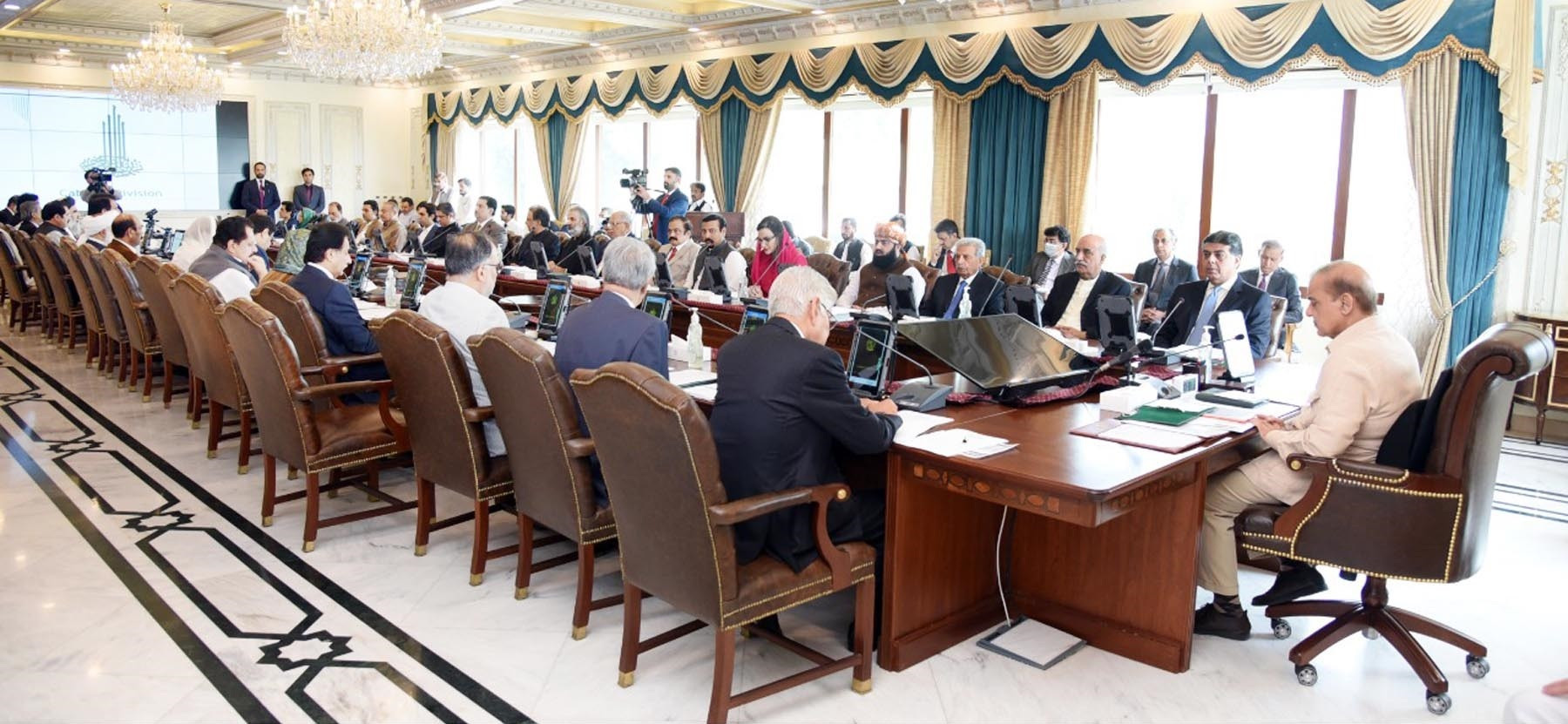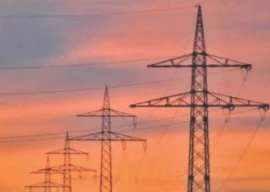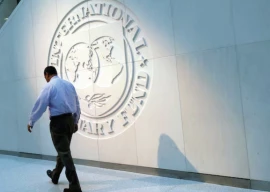
The federal government issued nearly Rs620 billion in supplementary grants during the first 10 months of current fiscal year, which may lead to violation of a revised primary budget deficit target agreed with the International Monetary Fund (IMF) three months ago.
With its inability to keep expenses in check, the government’s problems have multiplied due to sheer failure of the Federal Board of Revenue (FBR) in achieving the tax collection target.
The FBR has missed the 10-month target by around Rs400 billion, making it impossible to reach the revised fiscal goal agreed with the IMF.
Sources in the Ministry of Finance told The Express Tribune that out of the supplementary grants of around Rs620 billion approved by the federal cabinet for July to April, Rs267 billion comprised additional grants. Technical supplementary grants crossed Rs350 billion.
Technical grants are given by making adjustments in the budget through diversion of funds from one ministry to another or within the same ministry.
However, the additional grants are not part of the budget and their ex-post facto approval is obtained from the National Assembly at the time of approval of budget.
The finance ministry issued another Rs102 billion in additional supplementary grants to the Power Division in the last week of April to partially settle circular debt. That took total additional grants to over Rs267 billion, or nearly 44% of the supplementary grants issued during the July-April period.
The federal government has refused to provide Rs21 billion in additional supplementary grants to the Election Commission of Pakistan (ECP) for holding elections in Punjab and Khyber-Pakhtunkhwa.
Funds were refused on the pretext that under an IMF deal the government’s hands were tied, a reason that did not appear justified given the huge supplementary grants of Rs620 billion issued in just 10 months of FY23.
At the start of current fiscal year, Pakistan and the IMF had agreed that the government would achieve a primary surplus of Rs153 billion, or 0.2% of gross domestic product (GDP).
Primary surplus emerges when revenues stand higher than expenses excluding the cost of debt servicing.
However, due to massive fiscal slippages, both sides agreed that instead of having a nominal primary surplus, the government would have a primary deficit of 0.5% of GDP, or Rs440 billion.
A new Debt Sustainability Analysis (DSA) reports that the Ministry of Finance released last week showed a primary deficit of 1.2% of GDP, or over Rs1 trillion.
Read $6 billion financing plan remains elusive
It seems that the DSA report has taken the federal primary deficit of 1.2%. But expecting provinces to generate a provincial surplus of Rs600 billion, or 0.7% of GDP, will be unrealistic, particularly after they have started doling out funds ahead of elections.
Only the unbudgeted wheat flour subsidy of Rs100 billion will result in missing the cash surplus target.
“A gradual improvement in primary balance is projected in line with the fiscal consolidation objectives of the government. In the short term, … the primary deficit is estimated at … 1.2% of GDP in fiscal year 2023,” said the finance ministry report.
It showed that in the next fiscal year too, the government would not have a primary budget surplus and instead it may have a minimum 0.2% deficit.
Achieving the target of 0.5% of GDP will also become impossible due to the poor performance of the FBR, which missed its 10-month target by a wide margin.
These indicators suggest the government will not be able to adhere to the commitments given to the IMF.
The Ministry of Finance did not respond to a request for comment.
Out of the grants of Rs620 billion, roughly Rs103 billion was issued in development budget-related technical grants, indicating the adjustments made by the planning ministry in allocations for various projects.
The money was taken out of projects that were low in priority and given to schemes having more political benefits.
Last week, the Ministry of Finance gave Rs102 billion to the Power Division, taking total additional supplementary grant for circular debt to Rs205 billion in the past two months, according to sources.
For the current fiscal year, the government had budgeted Rs570 billion in power subsidies which, after a recent understanding with the IMF, will surge by Rs335 billion to a minimum of Rs905 billion.
First unbudgeted subsidy of Rs103 billion was given in March as part of power subsidies worth Rs335 billion.
As per the understanding with the IMF, the second tranche of Rs115 billion had to be given to cover another K-Electric (KE) subsidy worth Rs67 billion and Rs36 billion to settle the outstanding dues of exporters. But the Ministry of Finance withheld Rs12 billion on account of Balochistan tube well subsidy due to reconciliation issues.
The ministry gave the subsidy to settle claims of KE, Azad Jammu and Kashmir and the industrial support package. The last tranche of Rs120 billion will be released in June to settle the dues of exporters, Kissan package, fuel cost adjustment, KE, AJK and Balochistan, according to the sources.
Published in The Express Tribune, May 2nd, 2023.
Like Business on Facebook, follow @TribuneBiz on Twitter to stay informed and join in the conversation.



















COMMENTS
Comments are moderated and generally will be posted if they are on-topic and not abusive.
For more information, please see our Comments FAQ